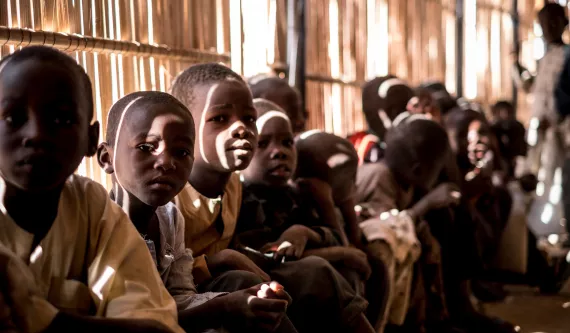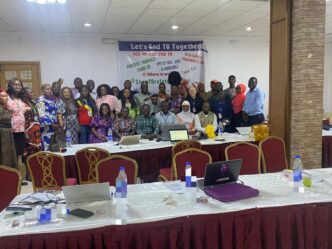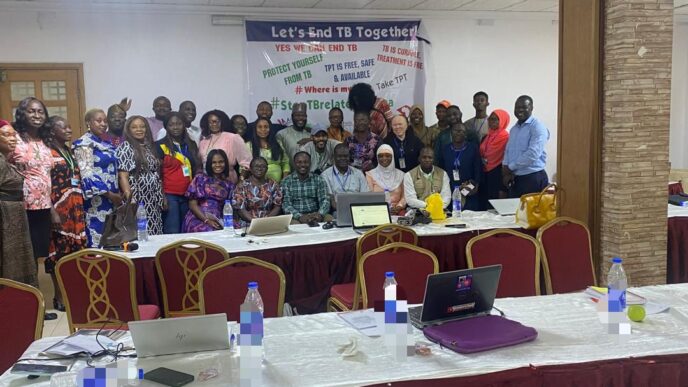Children across the world are seeking an environment that fully implements adherence to child rights amid escalating tensions in global hotspots, a climate crisis, and rising inequality.
Young campaigners and rights experts spoke at a virtual press conference convened by Save the Children International (SCI), the charity organisation, on Thursday.
The event was held to mark 100 years since the League of Nations—the forerunner to the United Nations (UN)—adopted the Geneva Declaration on the rights of the child.
The document, drafted by Eglantyne Jebb, founder of SCI, affirms the existence of rights specific to children, stating that every child has a fundamental right to education, protection in times of distress, food, and safety from exploitation.
Advertisement
UN data analysed by SCI showed that one in five children globally is growing up in a conflict zone, while one in 50 is forcibly displaced—double the number a decade ago.
Ibrahim, 14, said the conflict in his home state in northern Nigeria means that many children live in fear of the next attack.
“Many nights, I have seen children forced to flee their homes, to seek shelter in camps that are overcrowded and underresourced,” Save the Children quoted Ibrahim as saying.
Advertisement
“They have lost their homes, their schools, their childhood.”
Ibrahim said the devastating floods in Borno this month have impacted his community and called for longer-term action.
“This is not just a disaster; it is a failure of our systems to protect the most vulnerable among us,” he said.
The 14-year-old called for both “immediate aid” as well as “long-term solutions to ensure that such devastation never happens again”.
Advertisement
Lara, 15, said the conflict in Lebanon has affected the psychosocial wellbeing and mental health of her peers.
She said the conflict has also affected the education of her displaced friends, with the situation made worse by Lebanon’s economic crisis and infrastructural challenges.
“Schools [are] overwhelmed with the large number of new students,” she said.
“The neighbourhood I live in is overcrowded, and there is a lack of capacity to adapt to different communities and meet the needs of the displaced, whether in health, education, or other essential services.”
Advertisement
Inger Ashing, the chief executive officer (CEO) of SCI, said it is important to continue hearing from children who are raising their voices and sharing constructive ideas for the future they want to see.
Ashing urged stakeholders to continue advocacy until children’s rights are respected, supported, and protected worldwide.
Advertisement












